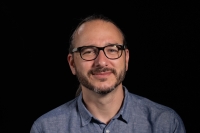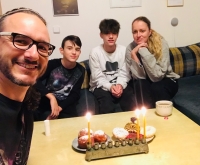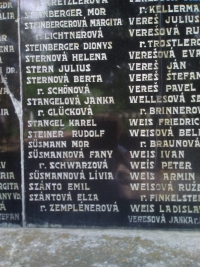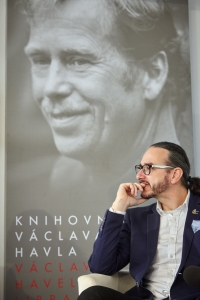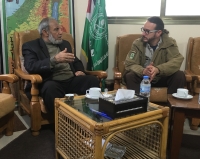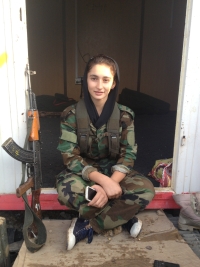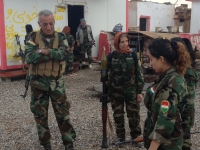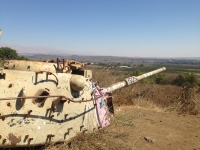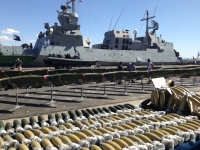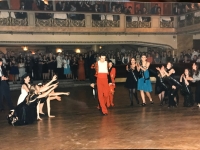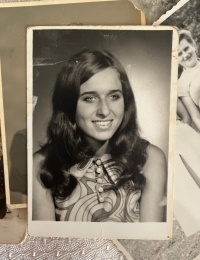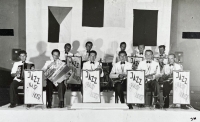I have a few images in my head that I won’t erase for the rest of my life.
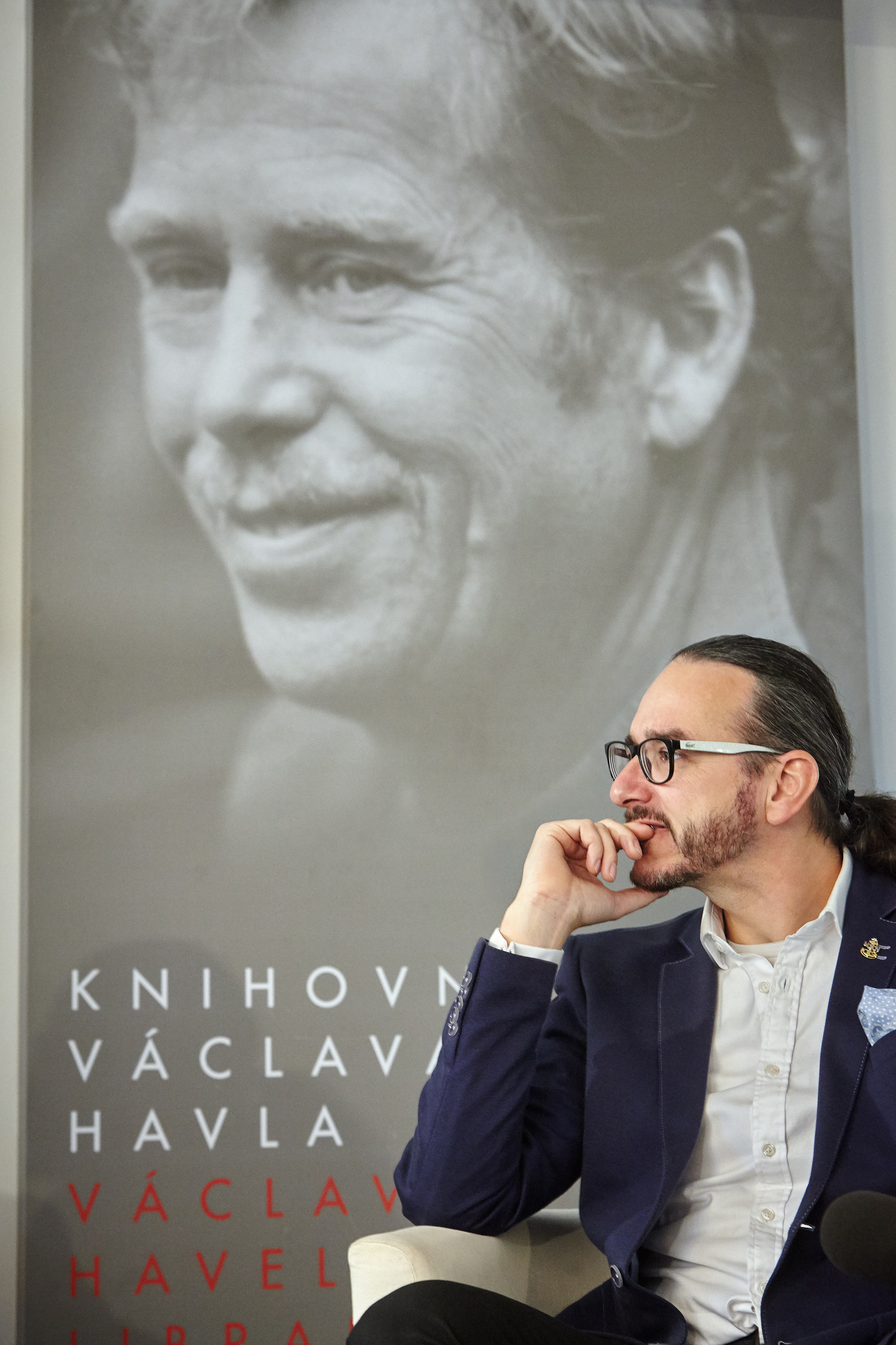
Download image
Jakub Szántó was born on 11 March 1977 in Prague. After his parents divorced in 1986, he moved to Moscow with his mother Eva, a university professor. He lived through the 1989 revolution in Czechoslovakia as a teenager in Moscow. In his youth, he was a top swimmer. He has always been interested in history and was drawn to the Middle East because of his Jewish roots. He and his mother returned to Prague in 1990 and after elementary school he began studying at the Jan Kepler Gymnasium. He then graduated from the Faculty of Social Sciences, majoring in International Area Studies. In 1999 he joined the foreign editorial office of TV Nova. In 2001, he worked with colleagues on the 9/11 terrorist attack on the twin towers. For the first time, he began to travel to war zones (Afghanistan, Iraq). In 2006 he moved to the foreign desk of Czech Television. In 2013, he went to Tel Aviv with his family as a permanent foreign correspondent and became an expert on the Israeli-Palestinian conflict. In 2018, he and his family returned to Prague. In 2018, he wrote his first book Behind the Curtain of War, for which he won the Magnesia Litera Readers’ Choice Award. In 2020, his second book, From Izrastina with Love - A Reporter Between Two Countries, was published. His wife Lenka Szántó is a successful journalist and screenwriter. Together they are raising two sons. In 2021 Jakub Szántó worked as a foreign correspondent for Czech Television and hosted the programme Horizont on ČT24.
